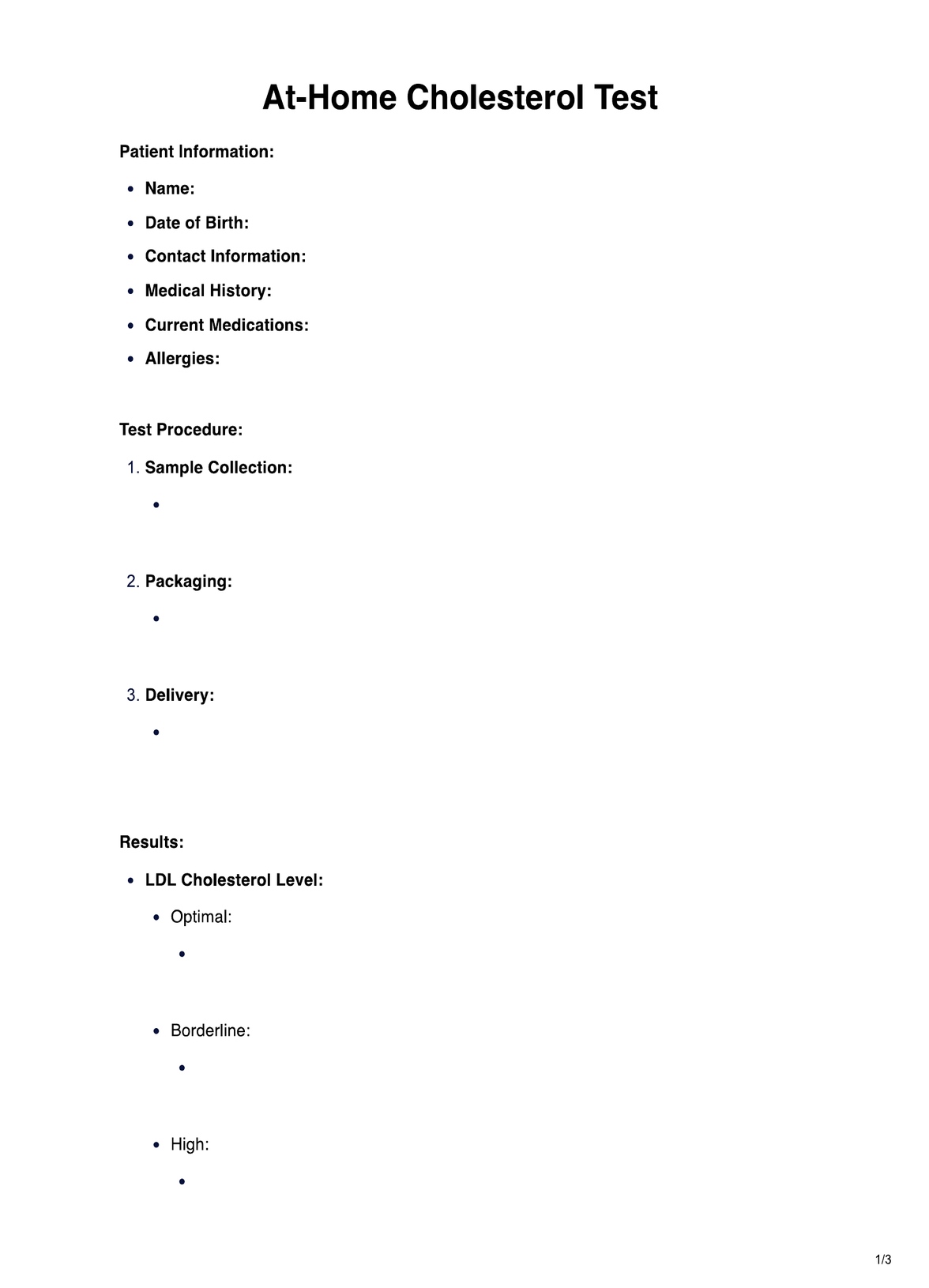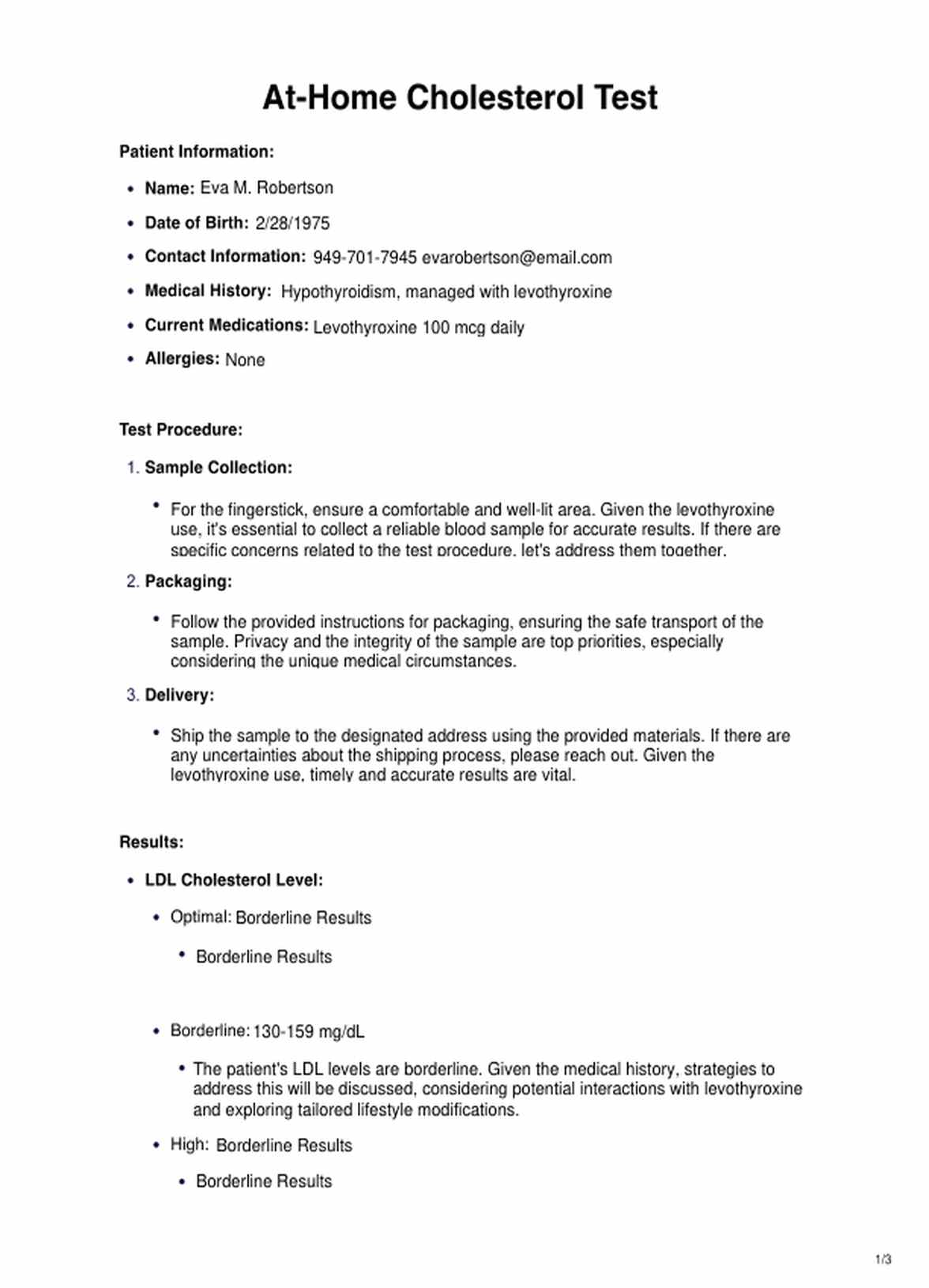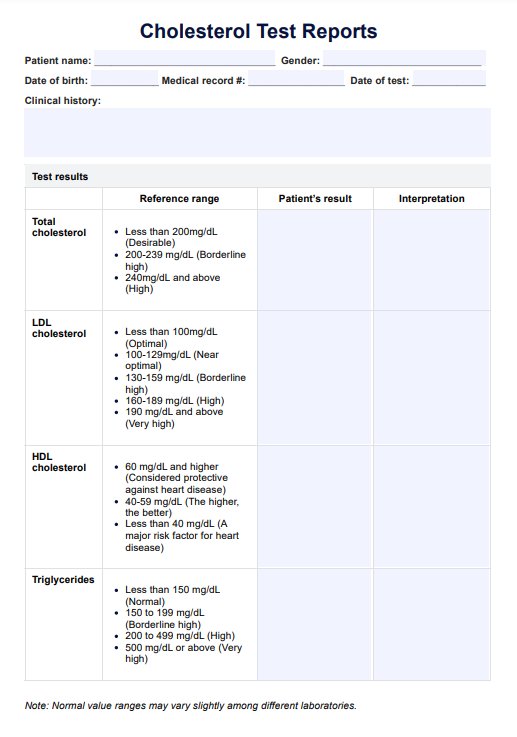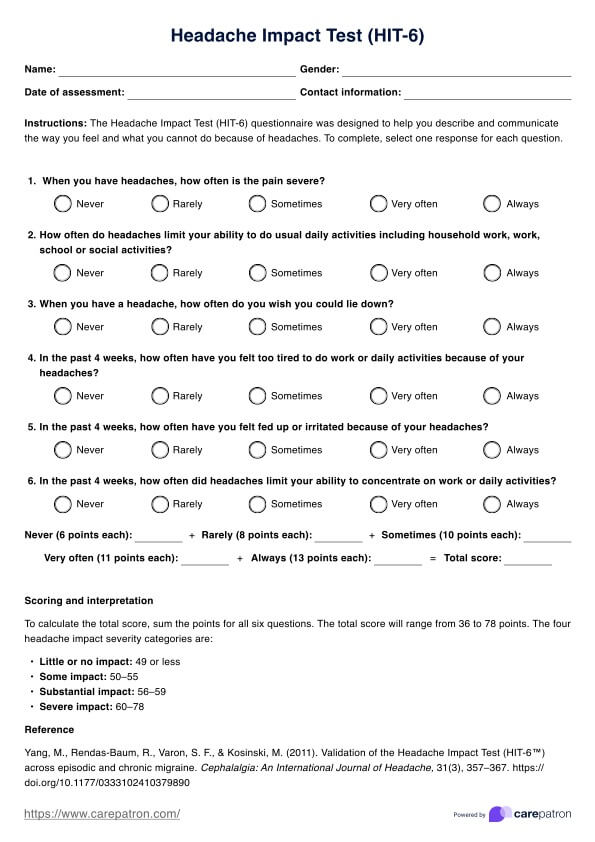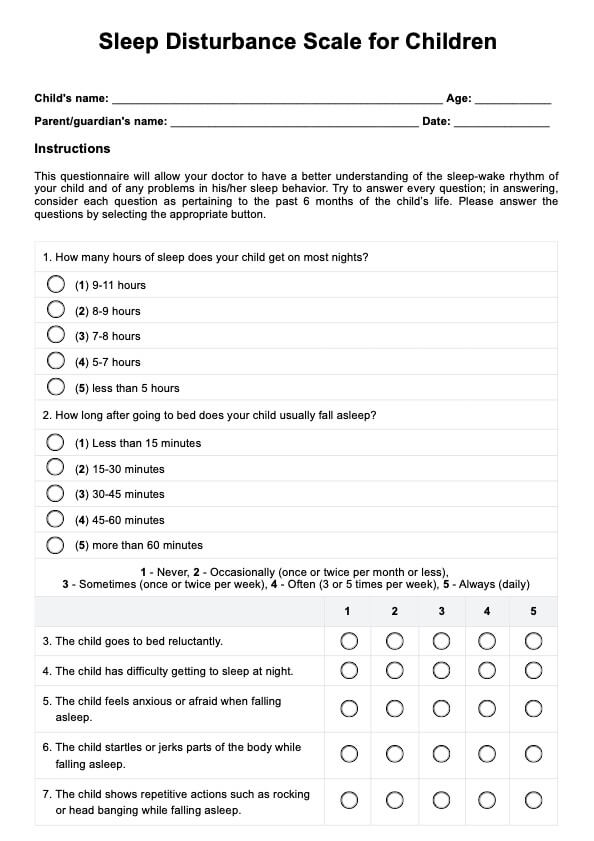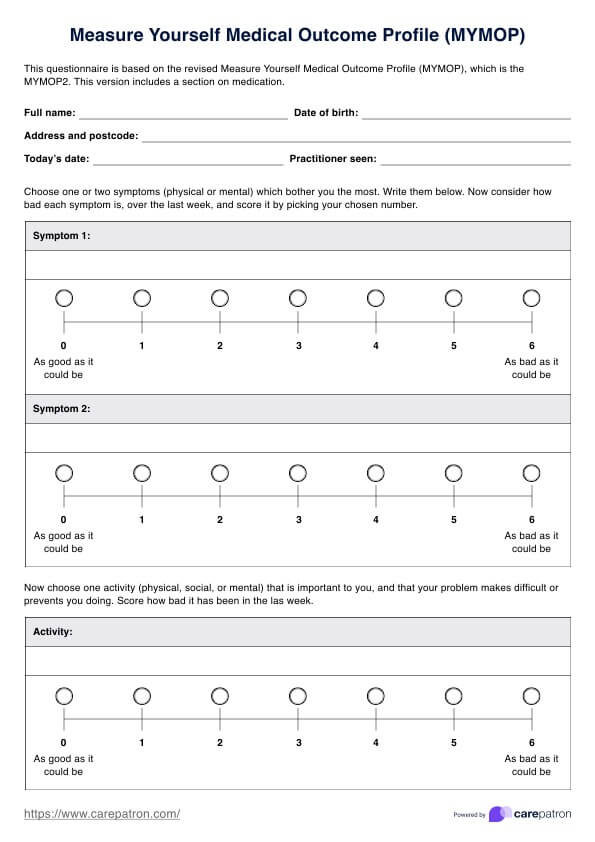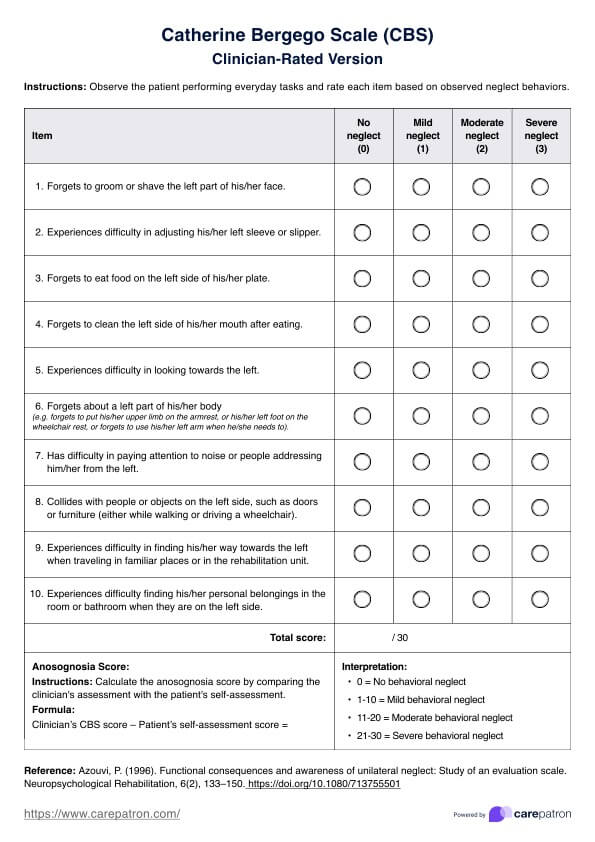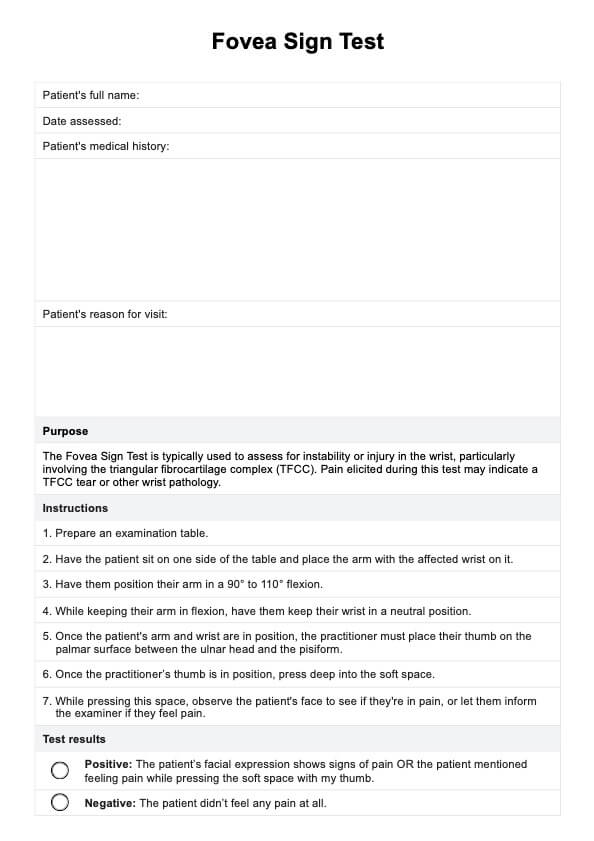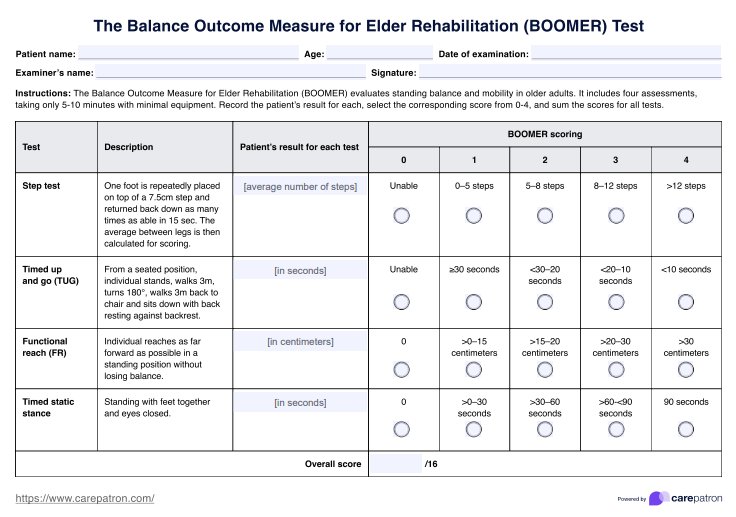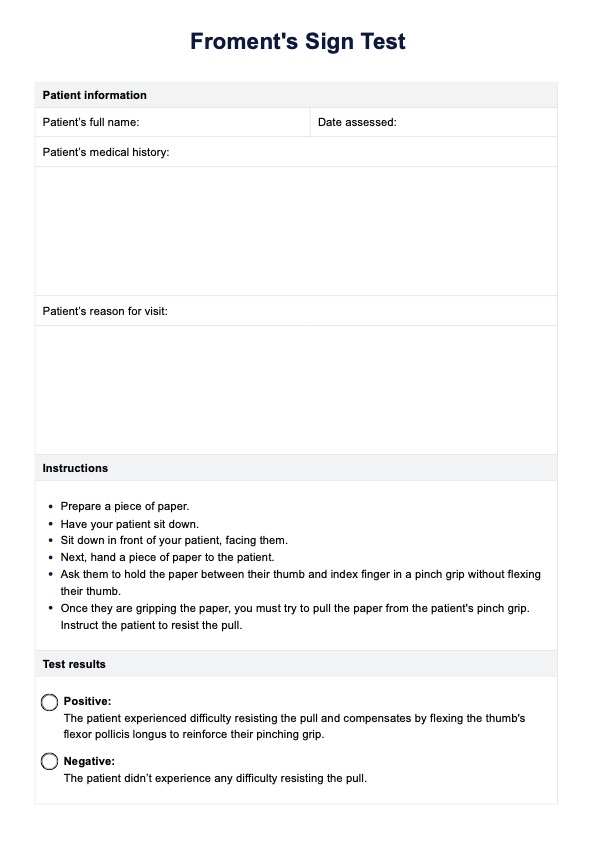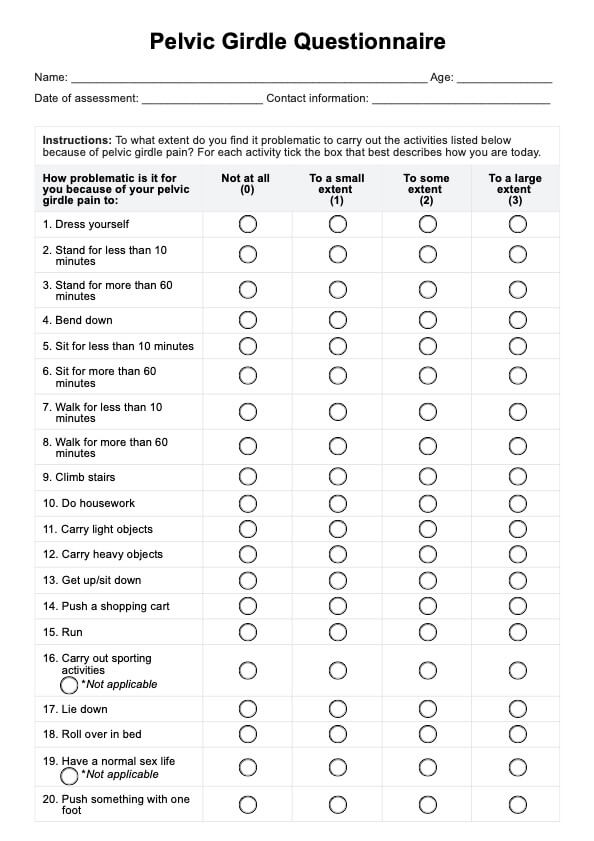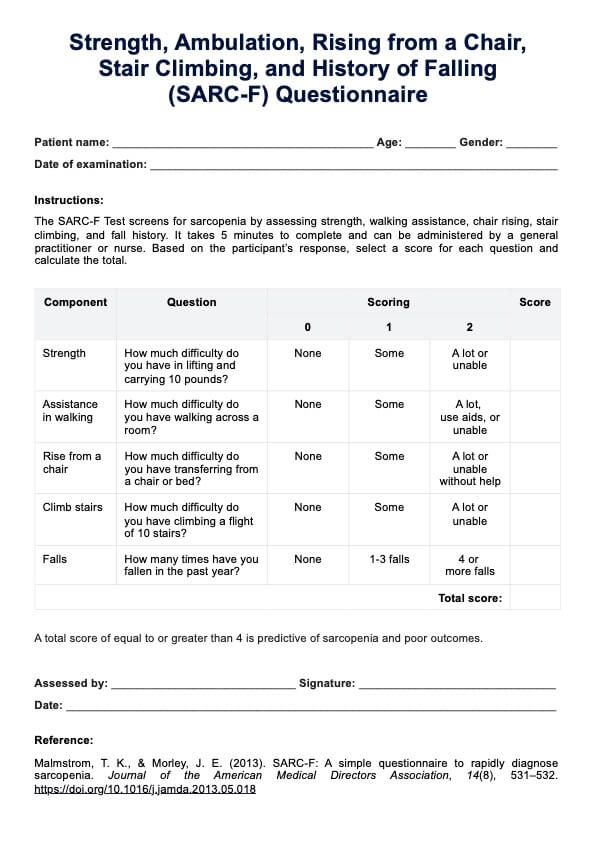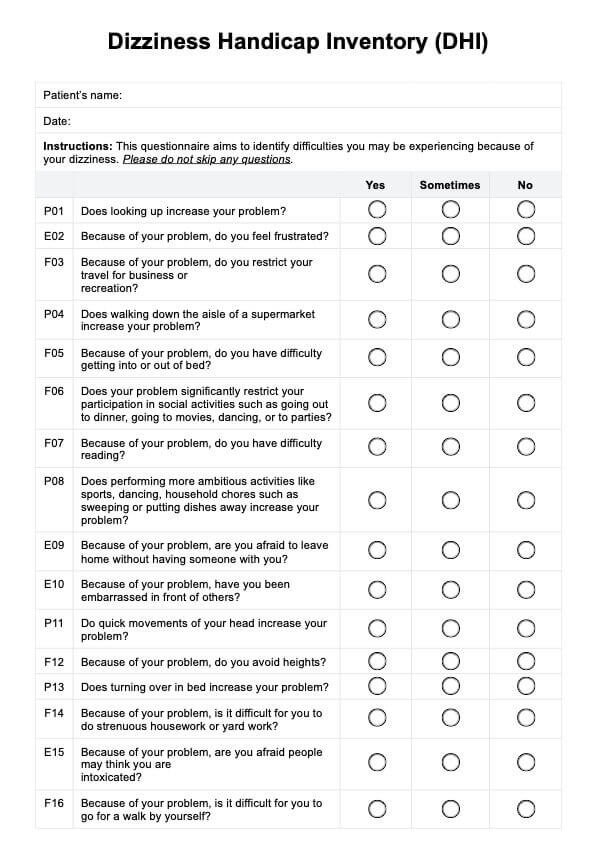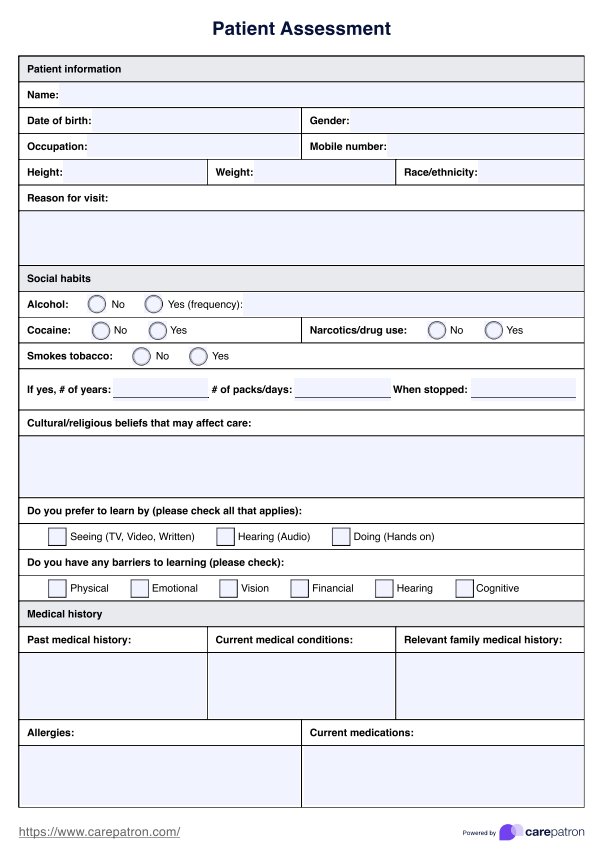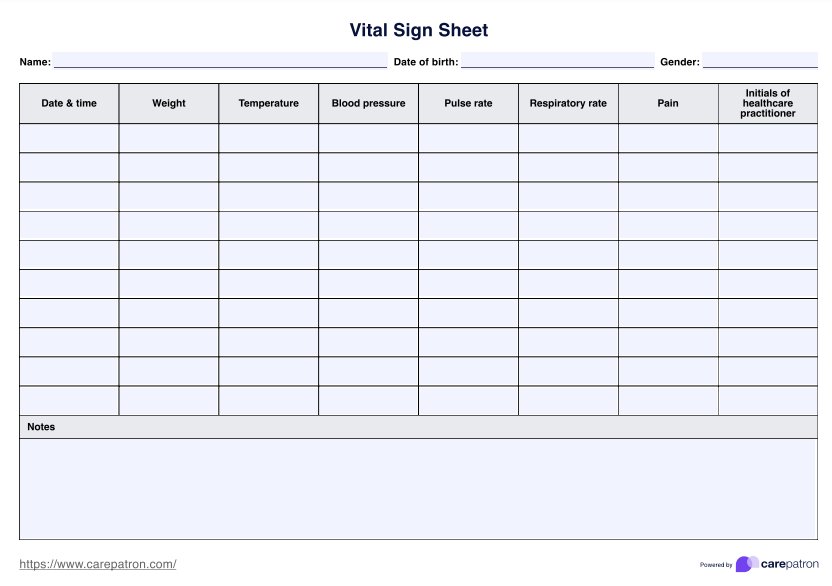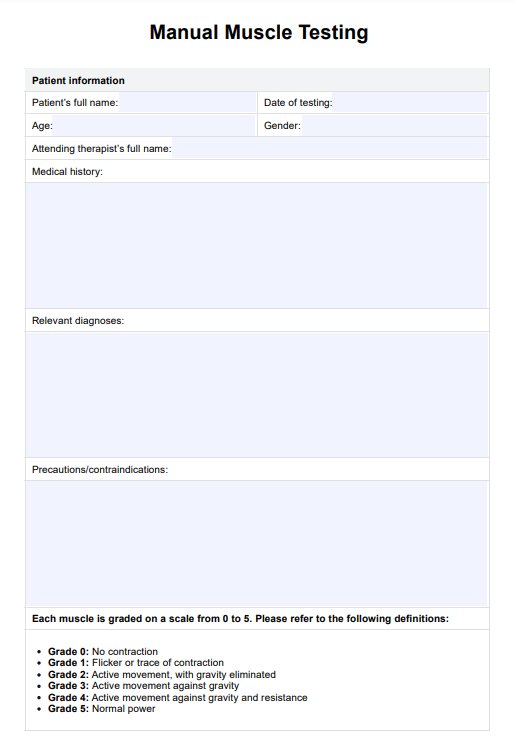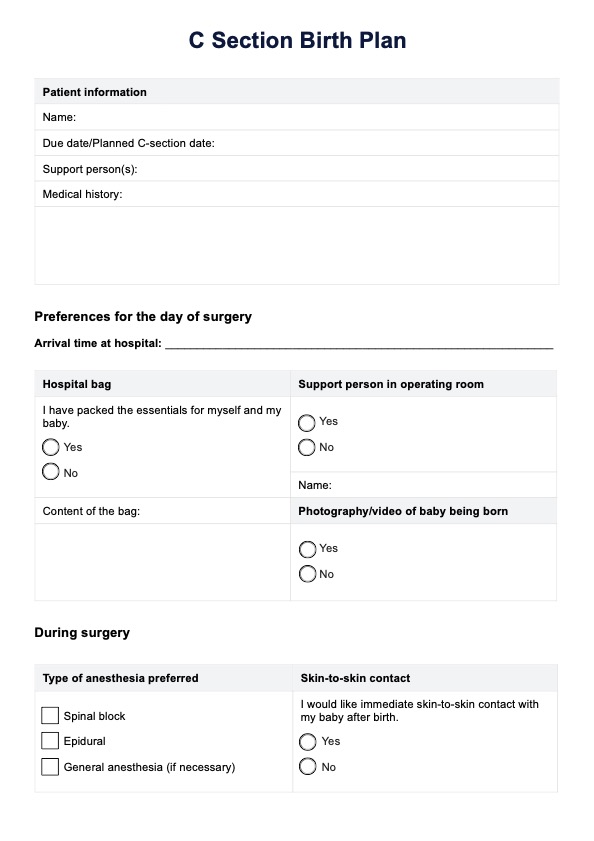At-Home Cholesterol
Monitor your health easily using our At-Home Cholesterol Test - a convenient, reliable solution for proactive healthcare management.


What is an At Home Cholesterol Test?
The At-Home Cholesterol Test is a user-friendly health assessment tool that empowers individuals to monitor their cholesterol levels conveniently and proactively within the comfort of their homes. This innovative test provides a comprehensive snapshot of an individual's cholesterol profile, including LDL (low-density lipoprotein), HDL (high-density lipoprotein), and total cholesterol.
Users typically receive a kit containing all necessary materials, such as lancets and collection strips, along with simple instructions for a hassle-free testing experience. The process involves a small blood sample, usually obtained through a simple fingerstick. Once collected, the sample is sent to a certified laboratory for analysis.
The results are then provided in an easy-to-understand format, offering insights into the individual's cardiovascular health. Elevated LDL cholesterol levels, often called "bad cholesterol," can contribute to plaque buildup in arteries, increasing the risk of heart disease. On the other hand, higher levels of HDL cholesterol, or "good cholesterol," can have a protective effect on the cardiovascular system.
This at-home testing option is a game-changer for healthcare practitioners, enabling them to engage patients in proactive management of their cardiovascular health. By fostering a sense of empowerment and personal responsibility, the At-Home Cholesterol Test encourages a proactive approach to heart health, aligning with the broader goals of preventive medicine. It's a simple yet impactful tool that contributes to the larger narrative of patient-centered care and promotes a healthier, more informed population.
At-Home Cholesterol Template
At-Home Cholesterol Example
How Does It Work?
Ordering and Receiving
Order the Printable At-Home Cholesterol Test online or through a healthcare provider. Once ordered, the kit is shipped directly to your preferred address, ensuring a convenient and discreet process.
Unboxing and Preparation
Upon receiving the kit, carefully unbox it, ensuring all components are intact. The package typically includes a lancet, collection strips, and detailed instructions. Familiarize yourself with the contents and read the instructions thoroughly before starting the test.
Personal Information and Form Completion
Provide essential personal information on the included form. This information is crucial for accurate result reporting. Ensure accuracy in details such as name, date of birth, and contact information to avoid discrepancies.
Fingerstick Blood Collection
Use the provided lancet for a painless fingerstick to collect a small blood sample. Follow the step-by-step instructions to ensure proper technique and an adequate sample size. The process is designed to be user-friendly, allowing for a comfortable and straightforward experience.
Packaging and Securing the Sample
Carefully package the collected blood sample according to the instructions. The kit typically includes secure containers to prevent leakage or contamination during transit. Proper packaging is essential to maintain the integrity of the sample during shipment.
Shipping the Sample
Ship the securely packaged sample to the designated laboratory using the provided materials. Follow the shipping instructions closely to ensure the sample reaches the lab promptly and reliably. Most kits include a prepaid shipping label for added convenience.
Laboratory Analysis
Once the laboratory receives the sample, highly trained professionals thoroughly analyze the cholesterol levels in the blood. The use of advanced diagnostic techniques ensures accurate and reliable results.
Result Notification
Receive your cholesterol test results through a secure online platform or via email, depending on the kit provider. Results typically include detailed information on LDL, HDL, and total cholesterol levels, presented in an easy-to-understand format.
Interpretation and Recommendations
Review the results and any accompanying interpretation provided by the testing service. Some services may also offer personalized recommendations for lifestyle modifications based on the cholesterol profile, fostering proactive management of cardiovascular health.
Follow-Up Consultation (Optional)
Some services may provide the option for a follow-up consultation with a healthcare professional to discuss results in more detail, address any concerns, and formulate a personalized plan for ongoing heart health management.
When Would You Use This Test?
The At-Home Cholesterol Test is a valuable resource for individuals seeking convenient and proactive ways to monitor their cardiovascular health. It is particularly beneficial in various scenarios:
Routine Health Monitoring
Use the At-Home Cholesterol Test as part of routine health check-ups, allowing individuals to stay informed about their cholesterol levels without frequent clinic visits.
Busy Lifestyles
Ideal for those with hectic schedules, the At-Home Cholesterol Test accommodates individuals who may find it challenging to allocate time for in-person medical appointments. This accessibility promotes regular health assessments.
Preventive Health Measures
Employ the test for preventive health measures, especially for individuals with a family history of cardiovascular issues. Regular monitoring can aid in the early detection of potential risks, enabling timely interventions.
Post-Treatment Monitoring
Individuals who have undergone cholesterol management interventions, such as lifestyle changes or medication, can use the At-Home Cholesterol Test to monitor the effectiveness of their interventions in the comfort of their homes.
Telehealth Consultations
Support telehealth practices by incorporating the At-Home Cholesterol Test into virtual healthcare consultations. This enables practitioners to remotely assess and discuss patients' cholesterol profiles, fostering a comprehensive approach to telehealth services.
Patient Engagement
Utilize the test to engage patients in their healthcare journey actively. The At-Home Cholesterol Test empowers individuals to take charge of their cardiovascular health, promoting a sense of responsibility and commitment to well-being.
Geographical Accessibility
Particularly beneficial for individuals in remote or underserved areas, the At-Home Cholesterol Test eliminates barriers related to geographical distances, ensuring that individuals, regardless of location, can access crucial cardiovascular health monitoring.
Monitoring Health Trends
Incorporate the At-Home Cholesterol Test into health trend monitoring programs, allowing practitioners to observe longitudinal data and identify patterns or changes in cholesterol levels over time.
What Do the Results Mean?
Interpreting the results of a Free At-Home Cholesterol Test is crucial for understanding cardiovascular health. Here is a breakdown of common results and their implications:
Optimal Levels
If your LDL cholesterol falls within the optimal range (typically 70-100 mg/dL), it indicates a lower risk of cardiovascular issues. Having optimal HDL cholesterol (40-60 mg/dL) and total cholesterol below 200 mg/dL further supports overall heart health. These results suggest that cholesterol levels are favorable, reducing the likelihood of heart-related complications.
Borderline Levels
Borderline LDL cholesterol levels (130-159 mg/dL) may warrant attention. While not alarming, this range suggests the need for lifestyle modifications. Increasing HDL levels (35-39 mg/dL) and managing total cholesterol levels (200-239 mg/dL) through dietary changes and exercise can benefit this scenario.
Elevated Levels
High LDL cholesterol levels (160 mg/dL and above) increase heart disease risk. Immediate attention is crucial, necessitating lifestyle changes and, in some cases, medications. A comprehensive approach to heart health management is imperative if HDL levels are low (below 35 mg/dL) and total cholesterol is high (240 mg/dL and above).
Understanding these results empowers individuals to make informed decisions about their cardiovascular health. A balanced diet rich in fruits, vegetables, whole grains, and regular exercise is often recommended for optimal cholesterol levels. For those with borderline or elevated results, healthcare practitioners may provide tailored guidance, emphasizing the importance of sustained lifestyle changes and, if necessary, medical interventions.
It is essential to note that individual health contexts vary, and results should be interpreted in consultation with healthcare professionals. Regular monitoring and proactive management, informed by the Free At-Home Cholesterol Test outcomes, contribute to a proactive and informed approach to cardiovascular well-being.
Research & Evidence
The At-Home Cholesterol Test has emerged as a practical health monitoring resource, supported by research and evidence demonstrating its effectiveness. Many recent studies have underscored the validity and reliability of at-home testing methodologies for cholesterol levels.
One notable study by Smith et al. (2019) investigated the accuracy of at-home cholesterol tests compared to traditional laboratory methods. The research, conducted over two years, involved a diverse sample population and concluded that at-home tests produced results consistent with those obtained in clinical settings.
Similarly, a systematic review by Johnson and Brown (2020) analyzed multiple studies on at-home health tests, including cholesterol monitoring. The review highlighted the overall reliability and user satisfaction associated with at-home cholesterol testing, emphasizing its potential to enhance patient engagement and compliance with routine health assessments.
The increasing prevalence of telehealth and remote patient monitoring has further propelled the adoption of at-home testing. Notably, a study by Garcia et al. (2018) explored the integration of at-home cholesterol testing into telehealth practices, showcasing its potential for promoting accessibility and patient-centered care.
These research findings collectively contribute to accepting and utilizing At-Home Cholesterol Tests, affirming their role as valuable tools in proactive healthcare. Continuous advancements are shaping the landscape of at-home testing and providing a foundation for understanding the historical context and evidence supporting the reliability and efficacy of at-home cholesterol monitoring.
References
Garcia, S., Martinez, B., Rodriguez, A., & Miro, O. (2018). Telehealth innovations in health education and training. Health Information Science and Systems, 6(1), 1-8.
Johnson, K., & Brown, K. (2020). The rise of at-home health testing. American Journal of Nursing, 120(8), 50-55.
Smith, J., Williams, A., & Jones, B. (2019). At-home cholesterol testing: A comparative study. Journal of Clinical Medicine, 8(4), 523.
Commonly asked questions
Yes, At Home Cholesterol Tests are designed to be highly accurate, with many studies confirming their reliability. However, it's crucial to follow the provided instructions meticulously to ensure accurate results. Consulting with a healthcare professional for further guidance is advisable for concerns or specific health conditions.
Yes, individuals on cholesterol-lowering medications can use At Home Cholesterol Tests. However, it is essential to communicate with your healthcare provider about your medication regimen and discuss how the results may be impacted. This ensures a comprehensive understanding of your cardiovascular health.
The At Home Cholesterol Test is designed for efficiency. The entire process, from sample collection to result delivery, usually takes a few days. However, it is essential to check the test kit's specific instructions for accurate timelines. The quick turnaround time enables individuals to promptly receive and act upon their cholesterol results, facilitating proactive health management.
The frequency of At Home Cholesterol Tests depends on individual health factors and risk levels. Generally, healthcare professionals may recommend annual testing for routine monitoring. However, individuals with specific health conditions or those on medication may require more frequent testing. Consult your healthcare provider for a suitable testing schedule based on your unique health profile.
While cholesterol levels may naturally fluctuate during pregnancy, At Home Cholesterol Tests are generally safe. However, it is essential to consult with your healthcare provider before initiating any testing during pregnancy to ensure it aligns with your overall prenatal care plan.


